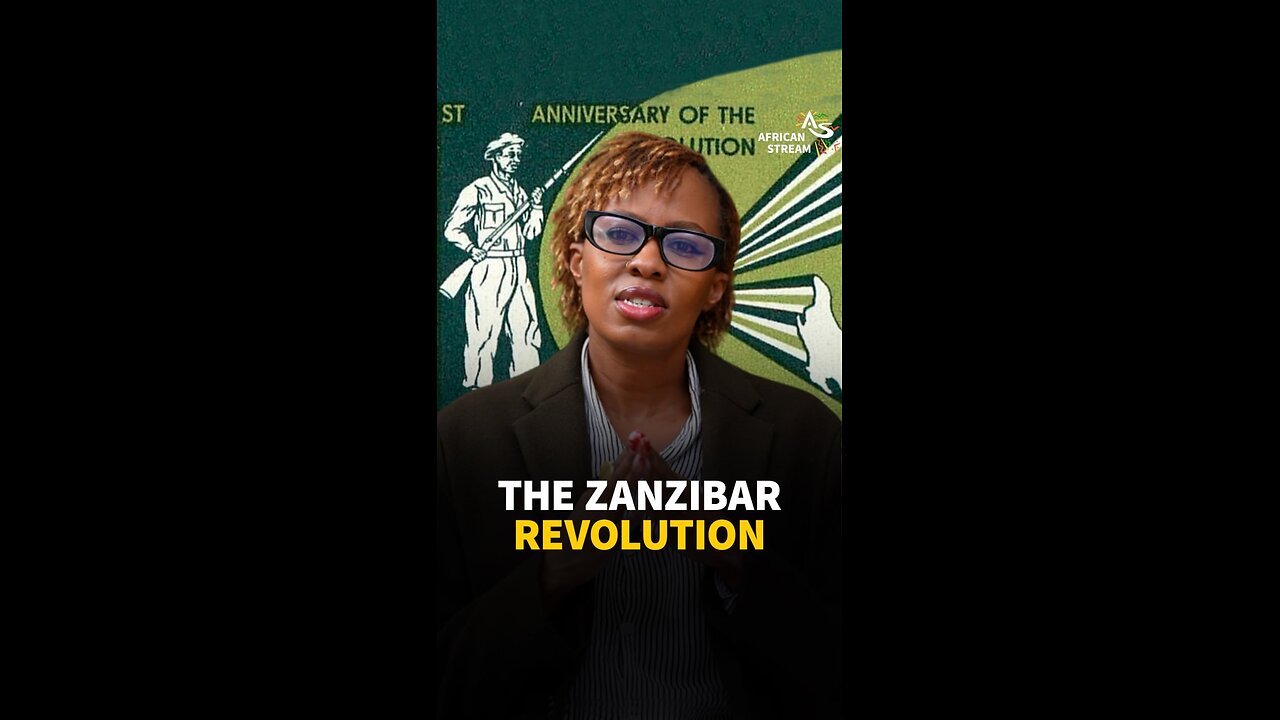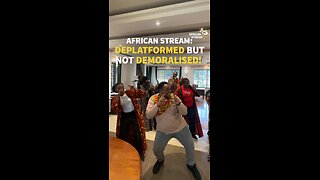Premium Only Content

THE ZANZIBAR REVOLUTION
In 1964, Zanzibar, an African-majority island, erupted in revolution. For generations, political power, wealth and land had been controlled by a small Arab elite, a structure preserved by British colonial rule - and even after so-called independence. African Zanzibaris remained landless, jobless and locked out of the system.
Frustration simmered. Then, on 12 January, it exploded. A coalition of African revolutionaries led by Ugandan John Okello overthrew the ruling class in a swift and violent uprising. By sunrise, the Sultan had fled, and the People’s Republic of Zanzibar was born under the Afro-Shirazi Party. It marked the end of centuries of Arab dominance and colonial hierarchy, ushering in land reforms, nationalisation and a bold socialist agenda.
The revolution shocked the world. Western powers feared a left-leaning state in East Africa. And so, within months, Zanzibar merged with Tanganyika to form Tanzania, a strategic union aimed at at keeping the imperialist forces at bay.
Today, Zanzibar remains semi-autonomous, and its revolution is remembered with both pride and pain. It dismantled colonial systems, but left scars that remain. Still, it stands as a powerful reminder: when African people are denied justice long enough, they will rise - as they did in Zanzibar.
-
 0:42
0:42
AfricanStream
5 months agoAFRICAN STREAM: DEPLATFORMED BUT NOT DEMORALISED!
88611 -
 17:17
17:17
Fit'n Fire
2 hours agoDraco Owners Won't Like This...Zastava M85 & M92 Are Better
362 -
 LIVE
LIVE
NSSKEnt
5 hours ago5 Mil Easy | Max Level EASY | ARC Raiders
30 watching -
 LIVE
LIVE
Sami Mikata
2 hours agoZombie Army 4 Dead War Live Stream
29 watching -
 52:02
52:02
MattMorseTV
3 hours ago $58.23 earned🔴It’s happened 4 TIMES in 48 HOURS.🔴
109K345 -
 29:51
29:51
Stephen Gardner
20 hours agoYou'll NEVER Believe What Gavin Newsom Just Did to Elon Musk!
105K108 -
 32:45
32:45
Degenerate Plays
6 hours agoJanuary 6th The Level? The Chinoman Needs Cortussy - Call of Duty: Modern Warfare 2 (2009) : Part 12
10 -
 2:48:52
2:48:52
Game On!
1 day ago $11.92 earnedNFL Week 15 Wiseguy Roundtable BEST BETS!
204K15 -
 56:09
56:09
Athlete & Artist Show
2 days ago $0.92 earnedLIVE GAMES: WATCH US GET TO $10K!
12.1K -
 4:53:49
4:53:49
Joe Donuts Live
10 hours agoThe Mystery Deepens in Alan Wake | Episode 3 |Uncovering the Truth Behind the Darkness
31.7K1